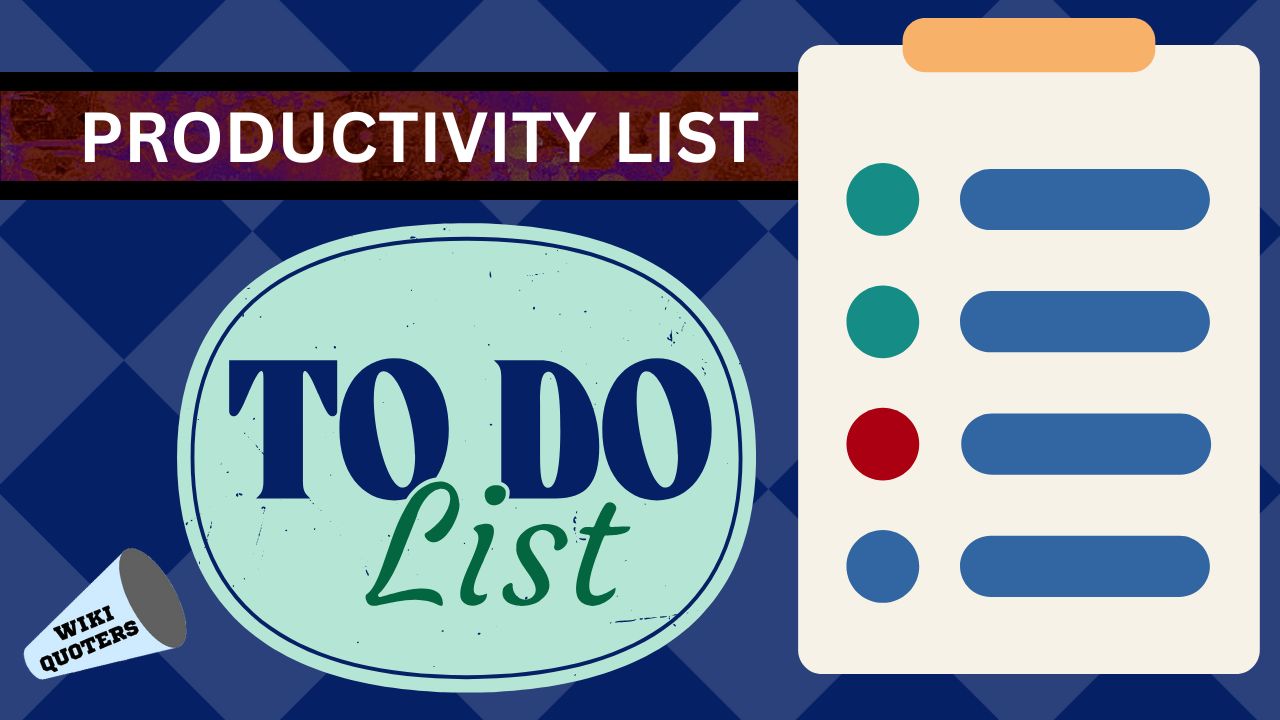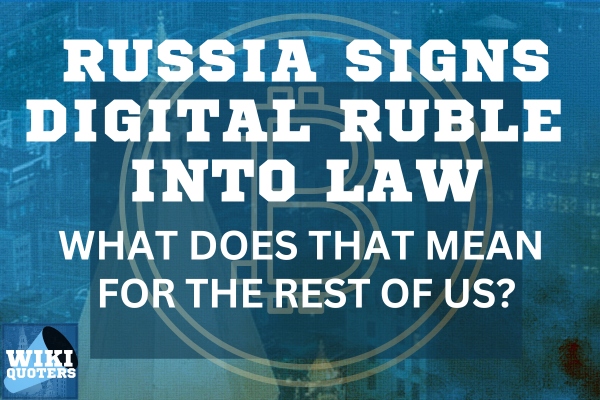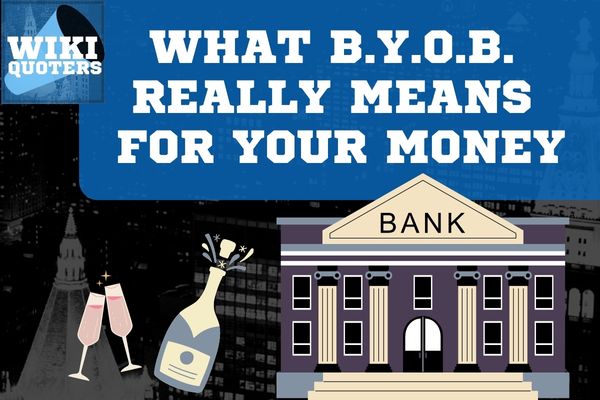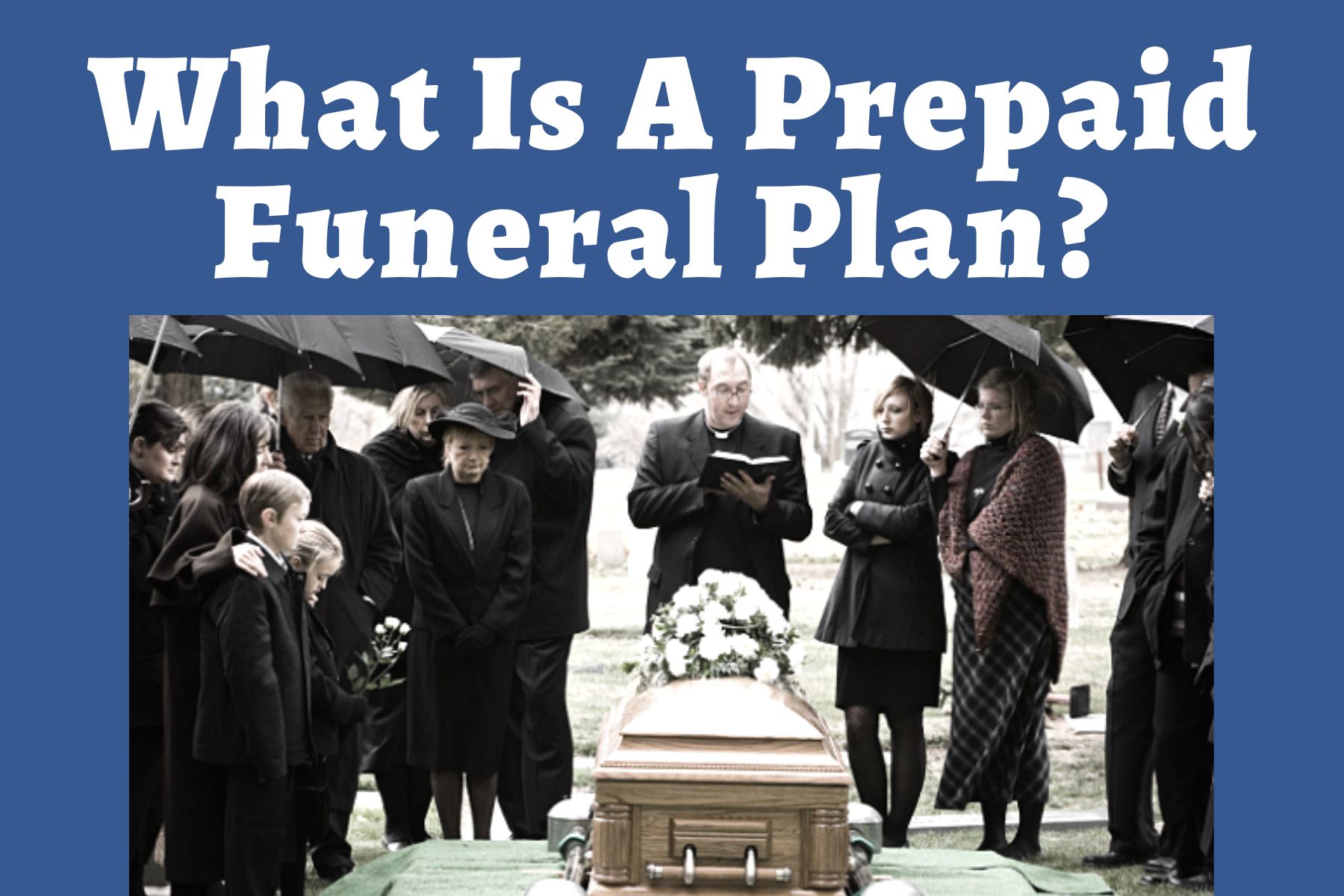What Is A Pre-Paid Funeral Plan?
A pre-paid funeral is a contract you set up through a funeral home to pre-design your entire funeral. They’ll give you a total price for your plan. Then present you with the option to pay it in full or pay it off in 3, 5, or 10 years.
One of the most attractive benefits of prepaid funeral expense plans is they protect against inflation.
In the contract, you will see items that are “guaranteed.” Which means the cost of these items is guaranteed to be fully covered regardless of what they may cost in the future.
Pre-paid funerals can solve two key issues.
First, it’s to ensure your family does not have to make critical decisions at the worst time in their life (they just lost you). You’ve already designed your entire funeral. You can be as detailed as you want. So, they don’t have to figure this out.
Second, it’s to ensure the financial cost of your funeral does not become a burden on your loved ones. Part of a funeral plan includes payment of the funeral. Whether you pay it in full or over time, the cost of the funeral is taken care of. So your family doesn’t have to come out of their own pocket.
**Final Expense Life Insurance Does the Same Thing. Learn More Here…**
How Much Do Prepaid Funeral Plans Cost?
The cost of a funeral preplan is heavily influenced by your preferences, age, and region.
That said, expect a prepaid burial plan to cost $2,000-$10,000. If you opt to make monthly installments, expect to pay $125-$300 per month depending on the total cost, age, and installment period.
Below is a more detailed breakdown of the average cost of prepaid funerals. These depend on how you want to be remembered:
-
Direct cremation (no funeral service): $2,000-$4,000
-
Cremation with a funeral: $6,500-$8,500
-
Direct burial (no funeral service): $3,500-$4,000
-
Burial with a funeral: $8,000-$10,000
As you can see, what type of funeral you prefer will greatly influence how much your pre-paid funeral plan costs.
Single Premium vs. Monthly Installments
If you opt for the “single premium” option where you immediately cut a check for the full amount of your funeral, you are done. No further payments are needed.
However, if cutting a check that large isn’t feasible, you can opt to make monthly payments. The typical installment periods are 3, 5, and 10 years if you are 85 and below.
It’s exceptionally rare for a funeral home to offer any payment option other than a single premium to folks 86-90. If you happen to find one that offers monthly installments at this age, expect huge monthly payments and a 1-2 year payoff period.
If you are 91 or older, single premium payment will always be your only option.
Regardless of your installment period, your total payments will exceed the total cost of your prepaid plan if you make monthly payments.
Most people make the mistake of calculating their payments like this: [Total cost of the funeral] / [Number of months to payoff].
That is not how it works.
In reality, you will pay much more into your prepaid funeral than what it actually costs if you pay it off over time.
Here’s a hypothetical example.
Let’s say your preplanned funeral comes to a total cost of $11,350, and you choose to pay it off over 5 years.
After 5 years, you will unquestionably pay much more than $11,350 in total premiums.
This is not bad per se; it’s just the nature of anything you pay off over time. If you buy a $20,000 car and finance it over five years, you’ll have paid much more than $20,000 after five years. It’s the same concept.
How To Ensure You Don’t Get Taken Advantage Of
First and foremost, it’s not an exaggeration to say that 99% of the funeral directors out there are honest, straight-shooting individuals.
Sadly, the 1% who are bad get all the publicity.
You can easily find articles online that caution against pre-paid plans because they claim (among other things) that a shady funeral home could embezzle your money.
Protecting yourself and ensuring your hard-earned money cannot be illegally appropriated is actually very simple.
Before you execute a prepaid funeral plan, the most important question you must ask is:
“Where will the money be held?”
There are only two acceptable answers to this question…
Money for a prepaid funeral must be held either by a bank or life insurance company.
If you pay cash upfront (single premium), the money will go into a bank trust where it earns interest or into a life insurance policy (that also earns interest).
The interest that accrues over time is why you can lock in rates now. The interest offsets the future cost of your funeral.
If you opt to make monthly payments, your money will be paid to a life insurance company. In most cases, the funeral home will set you up with a “pre-need funeral insurance” plan.
A pre-need policy is actually a life insurance policy where the funeral home is the beneficiary.
You cannot have someone other than the funeral home as the beneficiary, so don’t bother asking.
Under no circumstances should you ever make a payment directly to a funeral home. Never make out the check to ABC Funeral Home or the name of the funeral director.
That’s a recipe for disaster. Most articles that advise against prepaid plans cite past instances of funeral homes embezzling the money. Which left surviving family members holding the bag when they tried to file a claim.
Well, if your money goes to a life insurance company or a bank, there is no way your money can be embezzled.
An unscrupulous funeral director has no access to your funds when a bank or life insurance company holds your money.
How To Qualify If You Can’t Pay It Off In One Lump Sum
If you’re lucky enough to afford cash upfront for your funeral, there is no qualification. Then it is just like buying any other product or service where you pay the list price, which settles the matter.
However, if you can’t pay cash for your prepaid burial or cremation, you’ll be on a monthly payment plan for a specific period of time (if you are 85 and younger).
Funeral homes utilize pre-need funeral insurance policies issued by life insurance companies for clients who want to make installments over 3, 5, or 10 years.
Since it’s technically a life insurance policy (the funeral home is the beneficiary), there is a qualification component.
The representative at the funeral home will ask you some questions about your health history.
Just know this. You cannot be turned down. They will accept everyone regardless of what ailments you may have.
That said, your health will determine which of the following two options you qualify for.
- Immediate coverage: You’re fully covered right away. If you passed away the next day, your full funeral should be covered (but is still subject to contestability period- more on that below).
- Graded coverage: Sadly, you’re not covered during the first 12 months. During this time, you would receive a refund equal to all the payments you’ve made (plus interest). After 12 months, 70% of the funeral expense would be paid out. The remaining 30% could still pay out, but that is subject to the outcome of the contestability clause.
Just answer the questions honestly, and you can rest assured that all will work out as it should in the end.
What is The Contestability Clause?
First, this clause is present in every pre-need funeral insurance policy. Its’ also present in all life insurance policies you buy outside of a funeral home. No matter which funeral home you deal with they will have these terms.
Also, remember, this would only be something you deal with if you’ve opted to make monthly payments to the funeral home. Rather than paying off your prepaid burial plan in one lump sum.
The contestability clause grants the life insurance company the right to investigate the claim before paying out the benefit. Essentially, they want to make sure you answered the health questions accurately when you originally applied.
They will order a copy of your medical records.
Once they receive your records, one of two outcomes will occur:
- No evidence exists that you answered the questions improperly. They pay the claim in full, and your funeral is completely paid for.
- They find evidence of a health issue(s) that should have caused you to say yes to one or more of the health questions. They will not pay the claim. They will simply refund the money you have paid thus far. Your family will have to find a way to pay for your funeral through some other means.
You may be thinking… Can I provide my records ahead of time?
Sadly, that is not an option. If you are unsure about your complete medical history. You can always verify with your doctor before going into the funeral home and applying.
At the end of the day, honest people have their claims paid in full. It’s very rare for a pre-need policy not to payout.
Other Funeral Funding Options
Maybe you don’t want to set up a prepaid funeral or can’t afford to what then?
Well, there are other options you can pursue to ensure you take care of the financial aspect of your funeral home.
Understand that these options only address the financial aspect of a funeral. They don’t design how your funeral would be carried out.
If you pursue one of these options, your best bet would be to fill out a funeral planner and store it with your other important documents.
You can Google something like “free funeral planner pdf,” and you’ll find dozens of them online for free.
Funeral Trust
You can elect to set up a funeral trust. Often done with the help of an attorney. Where the deposited funds are specifically earmarked for your funeral expenses. You can elect these trusts to either be revocable. Meaning you can change them and/or take the money back. Or irrevocable (you cannot change them or take the money back).
If you want to make sure this trust doesn’t interfere with Medicaid eligibility, you will surely want to make sure it’s an irrevocable trust.
Payable on Demand Accounts
A payable on-demand account (aka POD) is a special bank account set up through a traditional bank or credit union. The account holder designates beneficiaries to receive the funds in the account upon death. These are also commonly referred to as Totten trusts. You are free to deposit and/or withdraw funds from this account any time you please.
If you do not want to prearrange a funeral plan formally, a POD account is a great way to set aside funds for your funeral because…
it avoids probate.
Your beneficiaries must simply provide evidence of the account holder’s death (usually via a death certificate), and the funds can be procured.
Before you run out and set up one of these accounts, make sure you consider the downside.
The first thing to be aware of is if you have unpaid debts or taxes. If so, the funds in your POD account may be venerable to claims by creditors and/or the government.
For example, in most states, the funeral home is the #1 creditor in line. When probate is opened, you have to show that the funeral home is paid before any other creditor can be paid out of the estate. The funeral bill is even legally ahead of the IRS in the line of creditors.
Also, if you live in a community property state, your surviving spouse has the right to half of the assets in the account. The only time that is not the case would be if the funds were acquired before the marriage.
Joint Bank Account
If a bank account has one owner and they die, the funds in that account are unavailable until the estate is settled (which can take months). However, if two people are on the bank account and one passes away, the surviving account owner still has full access to the funds in the account.
If you are a disciplined saver, you could put money into a bank account and add someone you trust as a co-owner of the account. This way, if you die, they can still immediately access the funds in the account to pay for your funeral.
Just be sure to select an individual you trust because they can spend the money any time they want on anything they want.
Buying Final Expense Insurance
Final expense insurance, commonly known as burial insurance or funeral insurance, is generally a small whole life insurance policy with small death benefit options and little to no underwriting. Seniors, regardless of health, can qualify, and the benefits on these plans usually payout within 24-48 hours.
Some senior final expense insurance plans will cover you 100% on day one, but some do not. Depending on your health, you may have to endure a full or partial waiting period before your benefits kick in.
The burial insurance company would not pay out a death claim with a full waiting period if you were to pass away during the first two years. Instead, they would merely refund all your premiums plus a small amount of interest.
Only after your policy has been in force for two years would the insurance company be willing to pay out the full death benefit you purchased.
You might be asking, why would anyone buy a plan that has a waiting period?
Truthfully, for some health issues, a waiting period cannot be avoided. Thankfully, it’s only very high-risk conditions such as dialysis, dementia, transplants, HIV, or oxygen use (there are more) where a full two-year waiting period is unavoidable.
It’s also important to note that any policy from any company where they ask no health questions will always (no exceptions) have a two-year waiting period.
Then you have plans that would pay out a portion of your death benefit during the first two years (often called a “graded benefit”). With these, the payout would be something akin to 30% during year one and 70% during year two. After two years, the full amount is payable for any reason.
Whether you can qualify for a no waiting period life policy, a partial coverage plan, or one with a full waiting period depends entirely on your health. As a consumer, the best thing to do is speak with a seasoned final expense insurance agency that can evaluate your situation and give you honest feedback regarding what you’re eligible for.
The main difference with final expense life insurance and funeral pre-planning is the policy will pay out a tax-free cash benefit to your beneficiary(s). There are never any restrictions on how the money is used. The money is not paid to a funeral home unless you were to name them as the beneficiary. Most people name one or more family members (such as a spouse or child) as the person who will receive the funds.
Money not being paid to the funeral home is generally good because A) the money can also be used for other expenses such as unpaid debts, and B) any leftover money stays with your loved ones to use as they see fit.
There are three main reasons why final expense may be a better option versus a prepaid funeral plan.
- Much lower monthly payments: If you opt to make payments on a prepaid funeral arrangement, expect to spend $150-$500 per month. With final expense insurance, the typical monthly payment is $125-$300.
- Leaving money to your loved ones: If you desire to leave cash to your family, you’ll need a life insurance policy to do that (assuming you don’t have the cash on hand). A prepaid funeral plan cannot do this.
- Pay off other debts: It’s quite common for other outstanding bills to be due at the end of a person’s life. Think of things such as medical bills, final utility bills, or financial debts. You surely can’t take care of these financial expenses with a funeral pre-plan. You’ll need a funeral life insurance policy to do so.
If you consider the life insurance option, make sure you opt to get enough coverage that factors inflation (assuming you can afford it).
So which is better, final expense insurance or a prepaid funeral?
One is not better than the other. That said, if you can truly afford a pre-arranged funeral, it’s probably a better option.
Sadly, most people cannot afford them, which means final expense insurance is their next best option to ensure their loved ones are not saddled with the burden of unpaid funeral expenses.
Existing Life Insurance
If you currently have a life insurance policy, the proceeds from it can certainly be used for your funeral costs. Double-check to see how much coverage you have to ensure it will provide enough payout to pay for your desired services.
In addition, be sure to verify which type of life insurance it is. You must remember that “life insurance” is a very broad term. There are many different kinds of life insurance, and they all work differently.
Some forms of life insurance expire after a number of years (called term life insurance). In addition, some types of coverage operate as a pseudo investment account (called universal life insurance) and may require huge payments later in life or terminate altogether.
In the end, if you have an existing policy, that is a good thing! Just make sure you check everything out to ensure it’s the right type of policy that will be there for your family if you intend to use it to pay for your end-of-life expenses.
What Is Needed To File A Claim?
To execute a pre-paid funeral plan, all the funeral home needs is the body of the deceased. No death certificate is required to file the claim.
Basically, the funeral director will fill out a form certifying the individual’s passing (remember they have the body, so they know they are deceased). They will send that form to the insurance company for processing. Then the funeral home will have the funds within a few hours.
Everything happens very quickly. There is no waiting for anything.
You Can Setup A Pre-Plan On Someone Else
One very unique aspect of prepaid funerals is that you can set up a plan for someone else without them being involved.
This is VERY different than a life insurance product. With life insurance, it’s illegal to take out a policy on someone else without their knowledge or consent.
With pre-paid funerals, this is not the case.
For example, if your mom is terminally ill, you can walk into a funeral home and pre-plan everything. They do not need to communicate with her in any way.
Or maybe you have a spouse (whether they are healthy or not) who will not agree to preplan. If so, you can do it for them
************************










